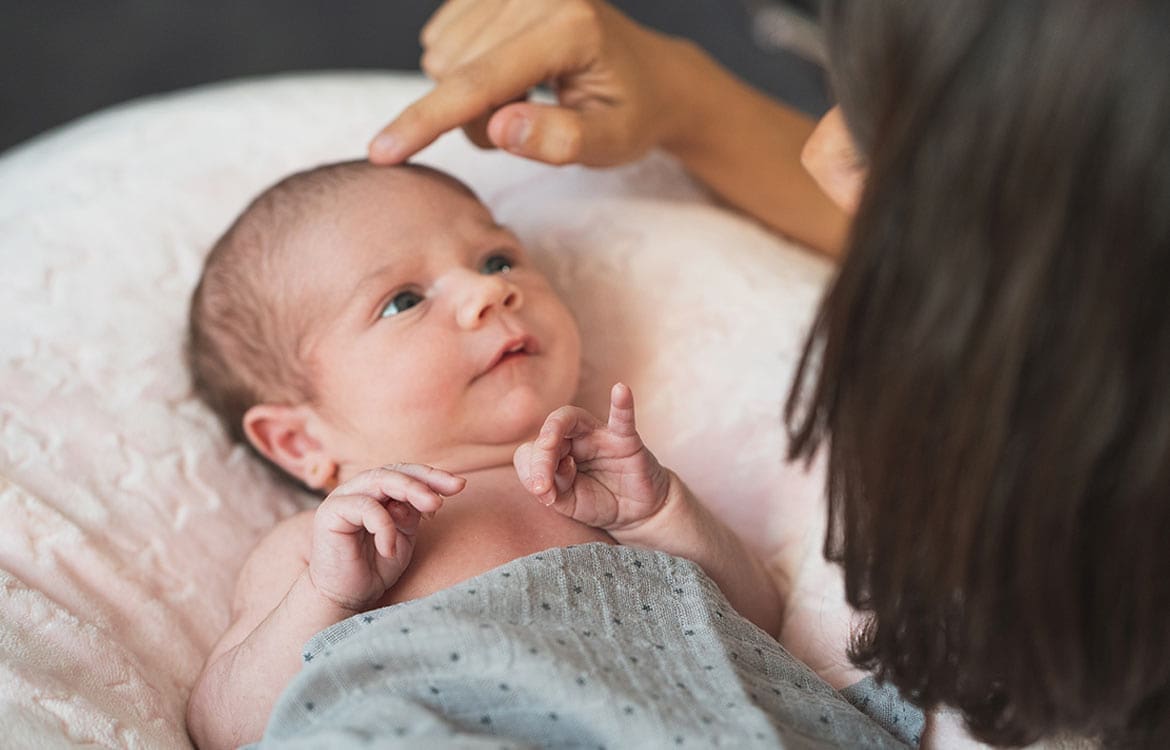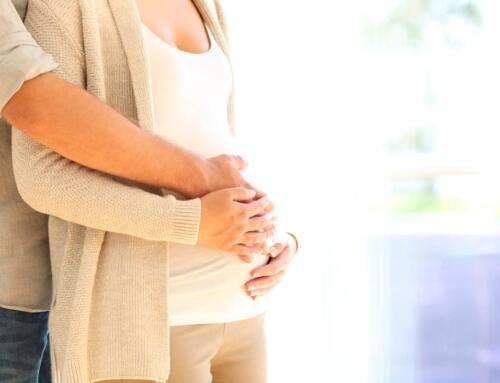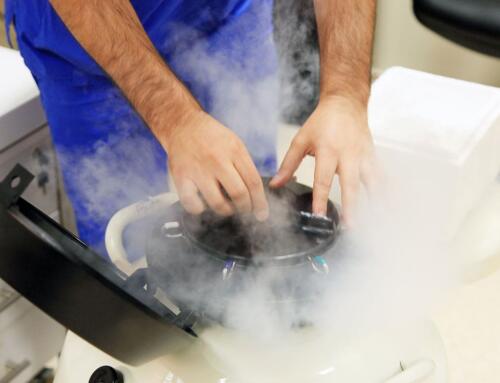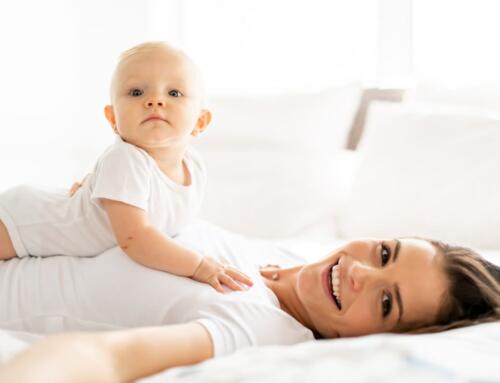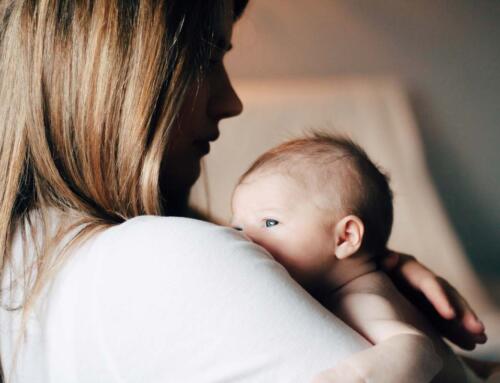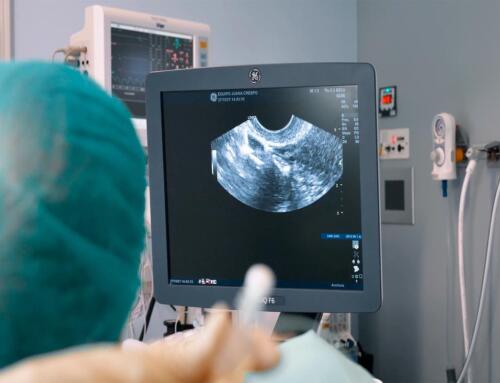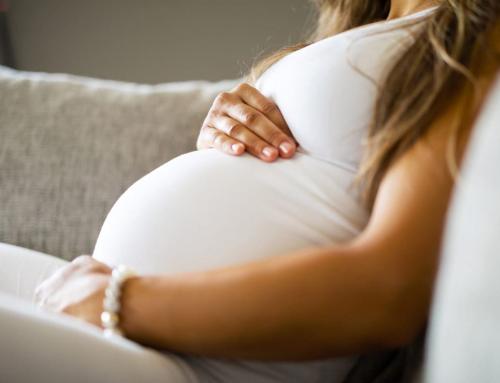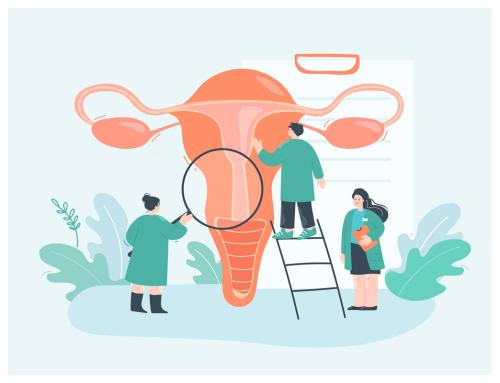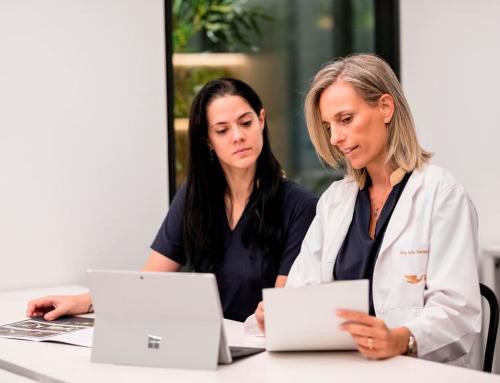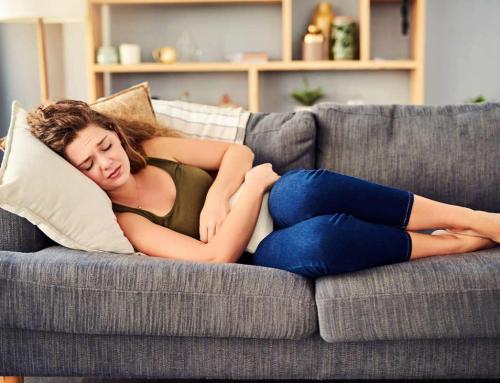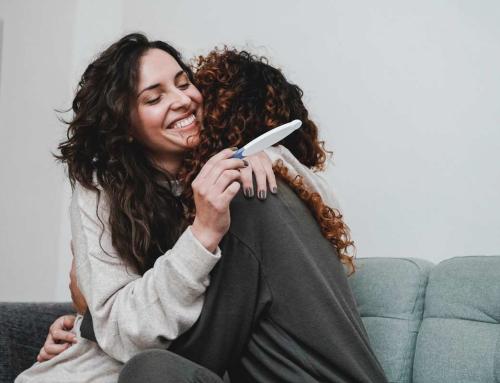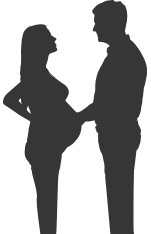Did you know that, currently, almost 10% of women who decide to become pregnant are 40 years old or older?
Spain is, along with Italy and Greece, one of the EU countries that has most delayed the average age of motherhood in the past decades.
The reasons that lead us to delay this moment can be very different for each woman and couple. However, the most common reasons are usually linked to the search for personal and economic stability or the difficulty to reconcile personal and professional life. This causes many women to decide to have children when our childbearing age is already advanced.
The fact is that, although theoretically women can be mothers until our ovarian reserve is exhausted, (that is, until we reach menopause) the truth is that, thanks to assisted reproduction, we have alternatives that make motherhood possible, even when we have already reached this stage of our lives.
What factors influence a woman’s fertile age?
A woman’s fertility depends on a combination of different factors. However, we can say that the most important one is age. This is because age conditions two other key elements: the number of oocytes we have (ovarian reserve) and their quality.
To these first factors, we would also add all those diseases and pathologies that can affect our reproductive health and, therefore, impair or prevent our ability to ovulate or gestate. Pathologies such as: autoimmune disorders, polycystic ovary syndrome (PCOS), fibroids, adenomyosis, sexually transmitted diseases (such as chlamydia), premature ovarian failure, uterine polyps, etc.
Other factors that can influence a woman’s childbearing age are:
- Body weight. Women with a BMI above or below the values considered normal have more difficulties in achieving pregnancy.
- Diet and physical activity. Improving eating habits through a healthy and balanced diet and regular exercise also improves female fertility.
- Stress management. Anxiety and stress, both physical and psychological, can have physiological effects that negatively influence fertility.
- Environmental factors. Exposure to chemicals in plastics, paints, building materials, pesticides or insecticides, and high levels of environmental pollution affect the endocrine system and, therefore, reproductive function.
- Alcohol and tobacco. The consumption of both substances has been linked to longer conception times and a decrease in ovarian reserve and fertility in women.
What is the most fertile age to get pregnant?
A woman’s fertility undergoes many changes from adolescence to menopause.
Although the fertile period begins after the first menstruation (usually between 12 and 14 years of age), the time of maximum fertility is around 20-25 years of age. At that age, the chances of becoming pregnant in each menstrual cycle are approximately 25%.
After the age of 30, female fertility gradually declines, especially after the age of 35.
At the age of 40, the incidence of female infertility is quite high and the percentage of fertilization per menstrual cycle does not exceed 8%. However, since the quality of the eggs at that age is worse and the risk of miscarriage is higher, the chances of pregnancy are reduced to 3-4%.
The age limit to become a mother
At Juana Crespo we are experts in late motherhood. In fact, 48% of our patients are 40 years old or older. In spite of this, 63.20% achieve pregnancy with their own eggs in a single cycle and 95.02% achieve it over three cycles.
With respect to egg donation treatments, this figure rises to almost 90% in a single cycle and 99.57% in three.
The age limit for becoming a mother with your own eggs depends, as we have already seen, on many circumstances. After all, each woman is unique. Moreover, there are always exceptions. There are women who, at the age of 25, have difficulties in getting pregnant naturally, and women who, at the age of 37, have none at all.
In any case, the use of a woman’s own eggs in assisted reproduction treatments is only considered as a choice when the decision is truly viable and responsible, and when it does not pose a risk to the patient in any of the procedures.
For this reason, one of the main pieces of advice we give to women is that, if they have had the desire or the expectation of becoming mothers at some point in their lives since they were young, they should preserve their fertility before the age of 35. That way, even if they plan to postpone motherhood, when the time comes, they will have young oocytes that will facilitate their pregnancy.
Even so, and although in Spain there is no legal age limit for a woman to undergo an assisted reproduction cycle, both from the Sociedad Española de Fertilidad (SEF) and from Juana Crespo clinic, we recommend that the treatments be carried out in women who have not yet surpassed the age of 50.
Pregnancy after the age of 40
Pregnancies after the age of 40 present greater risks, both for the mother’s health and for the baby. Among them, the following stand out:
- Miscarriage
- Gestational diabetes
- High blood pressure
- Preeclampsia
- Preterm labor and birth
- Chromosomal abnormalities
- Low birth weight
- Cesarean delivery
That is precisely why at Equipo Juana Crespo we have an Obstetrics Unit specialized in highly complex cases. Cases in which it is necessary to carry out a meticulous follow-up and a very close medical supervision at each stage. In the words of Dr. Carlos Pascual, Director of the Unit:
High-risk pregnancies require not only greater controls, but also more advanced controls. This is because it is essential to be able to diagnose possible complications early in order to treat or prevent them as soon as possible. It is precisely the personalized service and attention that will allow us to reduce possible risks to a minimum.
If you wish to become a mother now or in the future, get in touch with us and tell us about your case. We will advise you and, after a personalized diagnosis, we will create a customized treatment for you. For more information call at 961 04 25 57.


